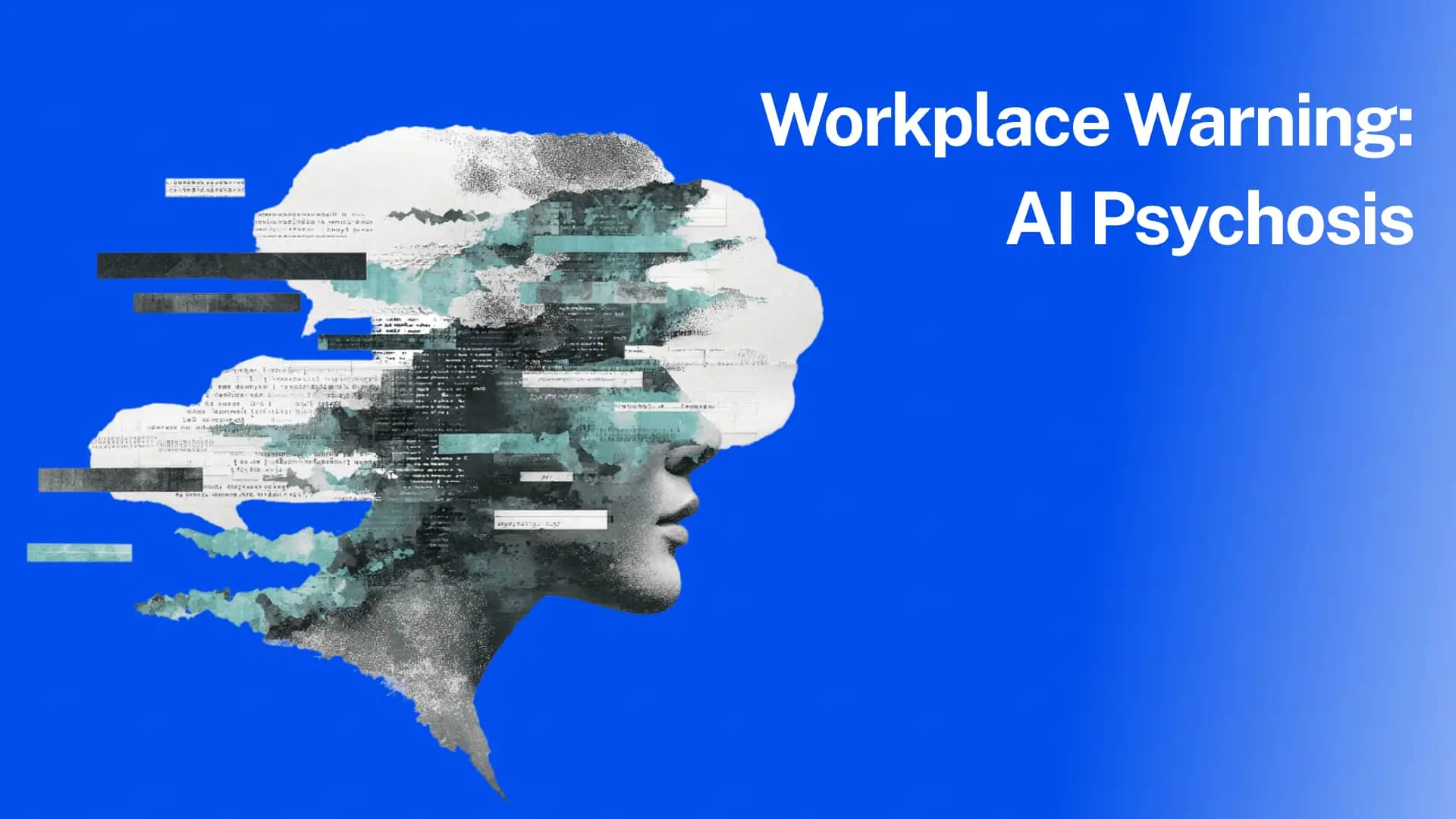Earlier this week, we concluded the second cohort of Lead with AI.
The demand for our course and community, which turns business leaders into AI experts, was much higher than the first.
Two recent reports highlight an important reason why more leaders want and need to be AI-fluent:
- A recent PwC report reveals that U.S. job ads requiring AI skills offer significantly higher wages across various professions, driving employees to upskill.
- The Microsoft 2024 Work Index shows that most companies prioritize candidates with AI skills and experience.
Clearly, company leaders can't be left behind, whether to future-proof their own careers or to lead teams of AI-enabled employees.
Let’s take a look at the research to understand what’s going on.
PwC: More money with AI skills, even for non-technical roles
For its "2024 AI Jobs Barometer," PwC analyzed half a billion job ads globally.
One of the key findings is that jobs requiring AI specialist skills command a significant 25% wage premium.
This goes up for specific roles, like database designers and administrators, seeing a 53% wage increase.
But it's not just technical roles that are commanding an AI premium:
- AI-fluent lawyers see a 49% increase
- Sales and marketing managers 43%
- Financial analysts and accountants 33% and 18%, respectively.
With these compelling numbers in mind, it's no wonder people are upskilling in AI en masse.
Microsoft: Employers are Prioritizing AI-Skilled Employees
But it’s not just the ‘carrot’: Microsoft reports that AI skills have become imperative for people to land their next role.
According to its 2024 Work Trend Index, 66% of leaders say they would not hire someone without AI skills.
Additionally, 71% of respondents prefer to hire a less experienced candidate with AI skills over a more experienced candidate without them, with 77% of leaders believing that AI will lead to greater opportunities for early-career talent.

These are frightening numbers for anyone still hesitant to dip their toes into the AI waters.
The Employees Adding AI Skills
Upcoming LinkedIn research further shows that members adding AI-related skills to their profiles increased by 142 times. d
And for good reason:
- 76% say they need AI skills to remain competitive in the job market.
- 69% say AI can help get them promoted faster
- 79% say AI skills will broaden their job opportunities.
This surge highlights a growing recognition among professionals that AI proficiency is necessary and a gateway to exciting new career opportunities and personal growth.
It’s happening in all sectors, with content writers, graphic designers, and marketing managers leading the charge in adding AI skills to their resumes.

Across technology sectors, employees feel the urgency to retool their skills even more.
In “Tech Workers Retool for Artificial-Intelligence Boom,” WSJ’s Katherine Bindley shares how workers try to bridge the gap between their current skills and the demands of AI-centric roles.
She reports on Asif Dhanani, a former technical product manager at Amazon.
“I’ve been leading with an AI-tailored resume for the last two to three months,” he tells the WSJ. He’s also taking a $6,800 AI boot camp because he sees building skills as a worthwhile investment, even if it doesn’t help land him a job.
The Impact on Leaders
How does this impact you?
Well, for one, you’ll want to pick up an AI for executives course like Lead with AI (I know, I’m biased.) This will help you gain access to more and better-paid opportunities, even if that’s within your organization.
Second, you’ll need a better plan for your teams.
As Microsoft reports, while leaders recognize the value of bringing on new employees with AI aptitude, they’re missing the value of developing their own people:
- 45% of US executives are not currently investing in AI tools or products for employees.
- 39% of people who use AI at work have gotten AI training from their company.
- Only 25% of companies plan to offer training on generative AI this year.
With AI’s benefits proven many times over, the training deficit is shocking.
Especially looking at recent BCG research, which found that C-suite executives across industries expect that, on average, 46% of workers will need to be reskilled in the next three years.
This gap highlights a significant opportunity to take the lead by investing in internal training programs. This would enhance employee capabilities, retain top talent, and help close the talent gap AI is already creating.
The Bottom Line: AI Skills or Bust
The research on AI skills paints a clear picture: AI skills are required to succeed in the future of work.
Whether it’s PwC's report showing that job ads requiring AI skills offer up to 53% more or Microsoft's Work Trend Index reveals that 66% of leaders won't hire someone without AI skills, it’s evident that upskilling in AI is not just beneficial, it's essential.
Take the initiative to upskill yourself and your team in AI.
Enroll in courses, develop internal training programs, and foster a culture of continuous learning.
By embracing AI, companies can create a happier, more innovative, and more resilient workforce, ultimately contributing to a brighter future of work.
And that’s where we need to be heading!
Until next week,
- Daan











